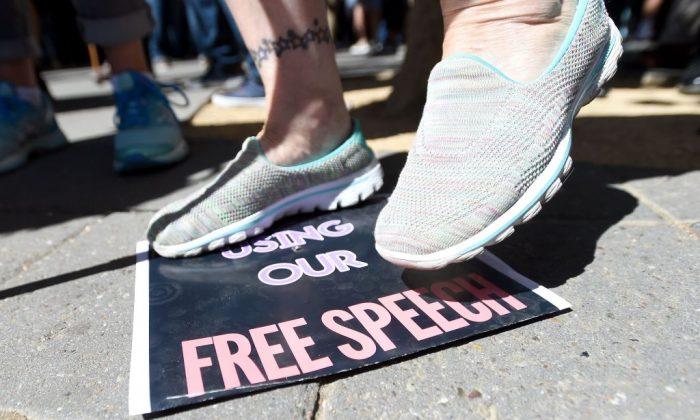Canada’s Charter of Rights and Freedoms does not protect university students’ right to free expression on campus, according to the B.C. Court of Appeal. It is a ruling that deserves to be challenged.
The ruling was made in the case of the B.C. Civil Liberties Association and Cam Côté vs. the University of Victoria (UVic). The case arose in 2013, when the university withdrew its approval for a peaceful campus event requested by a campus anti-abortion club, Youth Protecting Youth (YPY).
UVic took its instructions from the University of Victoria Students’ Society, a student union with a long track record of active opposition toward YPY.
Should the university determine the 'truth' on behalf of everyone, and then coddle students' minds?





